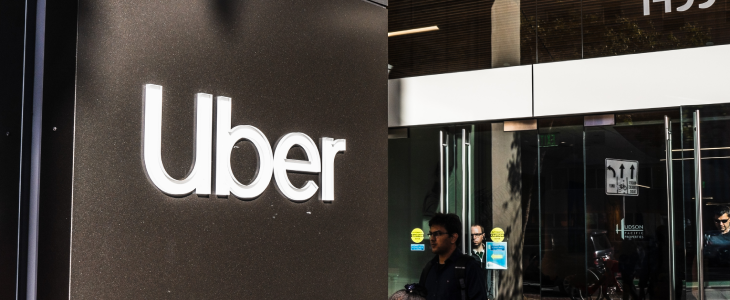Have you ever been involved in an accident with an Uber driver at the wheel? Instantly, a whirlwind of questions arises, including one pressing concern: Can you sue the Uber driver directly for the damages incurred? Navigating the aftermath of such an incident involves understanding a complex web of insurance policies and legal nuances specific to rideshare accidents. This situation raises important discussions about liability, insurance coverage, and the legal pathways available to those affected by these increasingly common occurrences on our roads.
Understanding Uber’s Insurance Policy
Uber’s insurance policy plays a pivotal role in determining the course of action after an accident involving one of its drivers. This coverage is tiered, based on the driver’s status at the time of the incident: whether the app was off, waiting for a ride request, or actively engaged in a trip. If the app is off, the driver’s personal insurance is the primary coverage. However, once the app is on and during a ride, Uber’s commercial insurance kicks in, offering substantial liability coverage that includes property damage and bodily injury. This framework is crucial for anyone involved in an accident with an Uber vehicle to understand, as it directly influences who is liable for damages and compensation.
When Can You Sue an Uber Driver Directly?
Suing an Uber driver directly for an accident is contingent upon specific scenarios where Uber’s insurance does not provide coverage. This is typically when the driver’s actions fall outside the scope of their work with Uber, such as when the app is off and the driver is not logged in to accept rides, effectively making them a regular driver on the road. In such cases, the driver’s personal auto insurance is the primary coverage. Additionally, if the driver’s negligence is beyond the realm of their duties with Uber, like engaging in illegal activities leading to an accident, you might have grounds to pursue legal action directly against the driver.
The Role of Negligence in Personal Injury Claims
In personal injury claims, particularly those involving vehicle accidents, establishing negligence is a cornerstone for building a case. Negligence implies that the driver failed to exercise reasonable care on the road, leading to an accident and subsequent injuries. For a claim against an Uber driver or any motorist, one must prove that the driver acted carelessly, violating their duty to ensure safety. This could involve actions like distracted driving, speeding, or violating traffic laws. Demonstrating this breach of duty, alongside showing that it directly caused the injuries suffered, is essential. This legal foundation underscores the importance of gathering comprehensive evidence, including witness statements, traffic camera footage, and police reports, to substantiate claims of negligence.
Steps to Take After an Uber Accident
- Document the Scene: Take photos of the accident site, including damages to the vehicles involved, road conditions, and any relevant street signs or signals.
- Exchange Information: Obtain contact and insurance details from the Uber driver and any other parties involved in the accident.
- Report the Accident: Notify the police to get an official accident report and inform Uber through their app or customer service.
- Seek Medical Attention: Even if injuries seem minor, visit a healthcare professional to document any physical harm resulting from the accident.
- Gather Witnesses: Collect the names and contact information of anyone who witnessed the accident, as their statements could support your claim.
- Preserve Evidence: Keep all medical records, receipts related to the accident and any communication with Uber or insurance companies.
- Consult an Attorney: Contact a personal injury attorney experienced with rideshare accidents to discuss your legal options and the best course of action.
We Can Help If You Have Been Involved in an Uber Accident in Los Angeles
Ardalan & Associates can guide you through the complexities of your case with a deep understanding of rideshare laws and insurance policies. Our dedicated team will advocate for your rights and seek the compensation you deserve. Don’t navigate this challenging time alone; reach out to us for the support you need.

